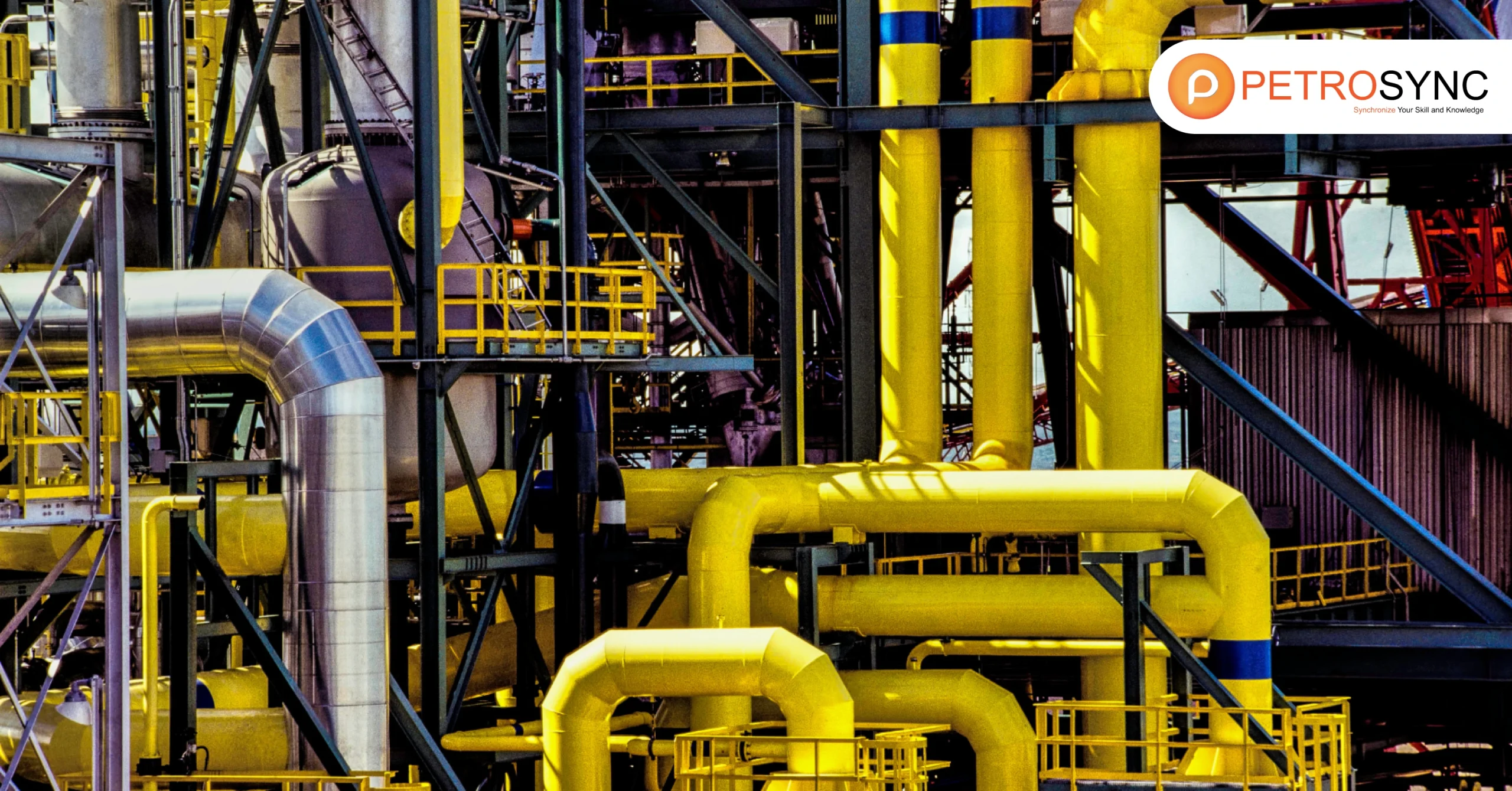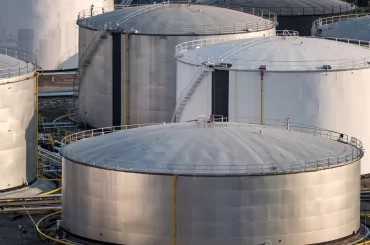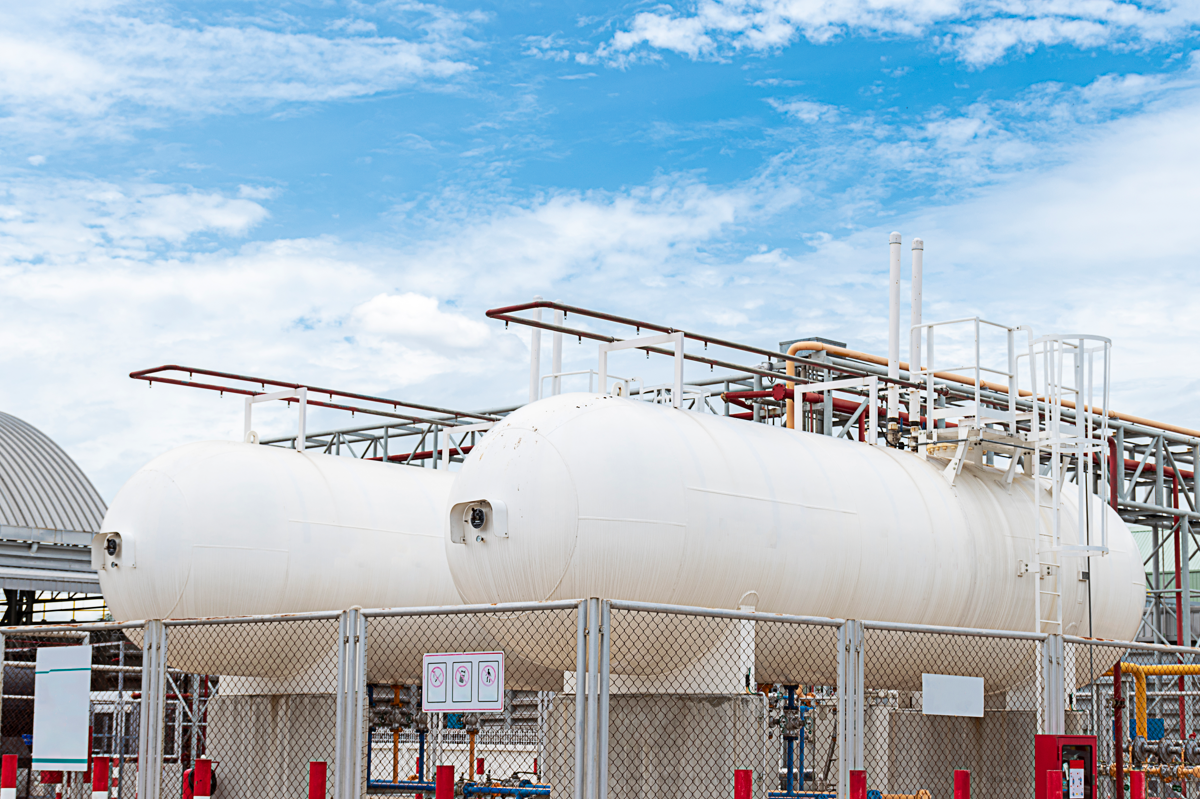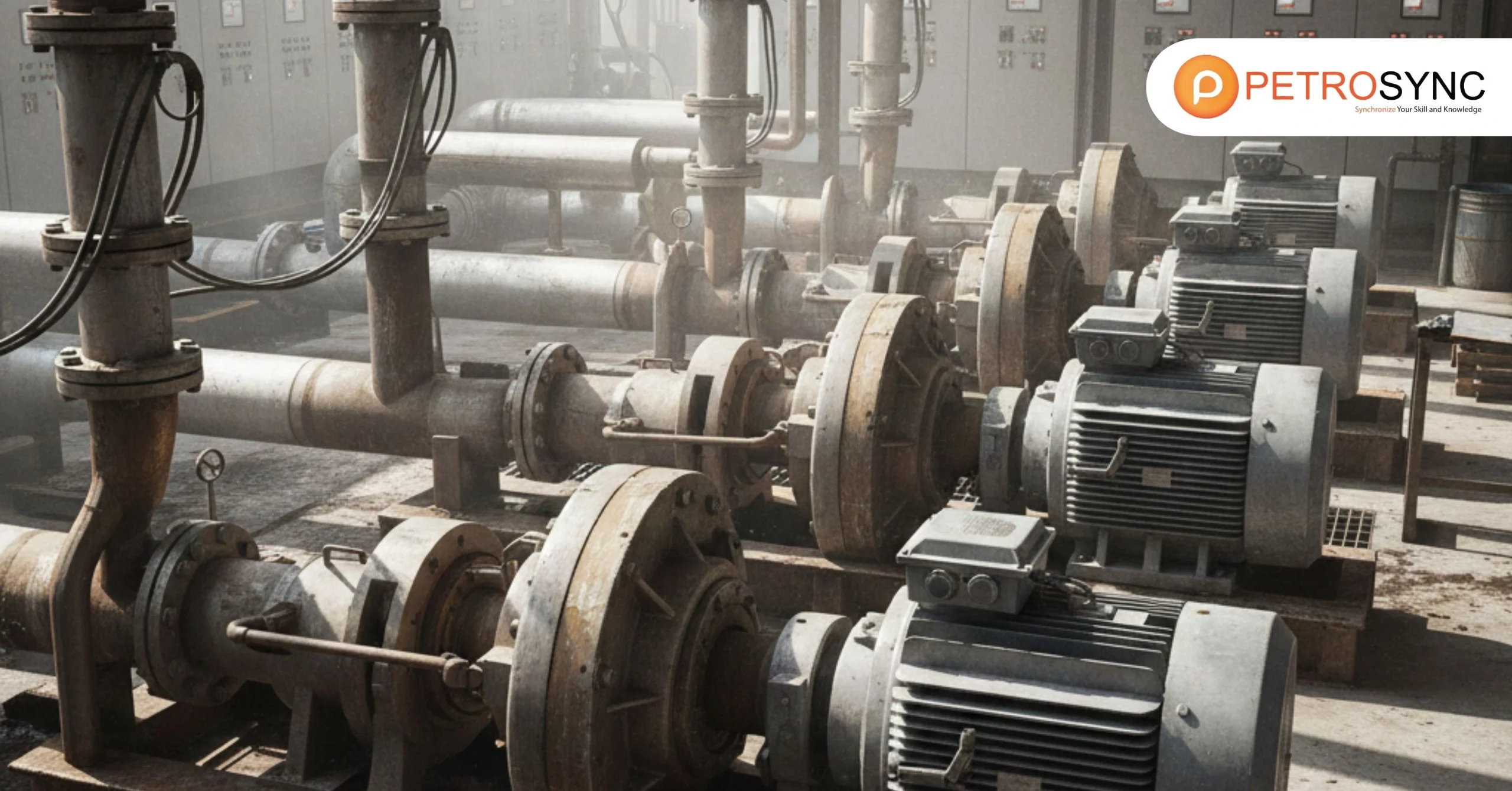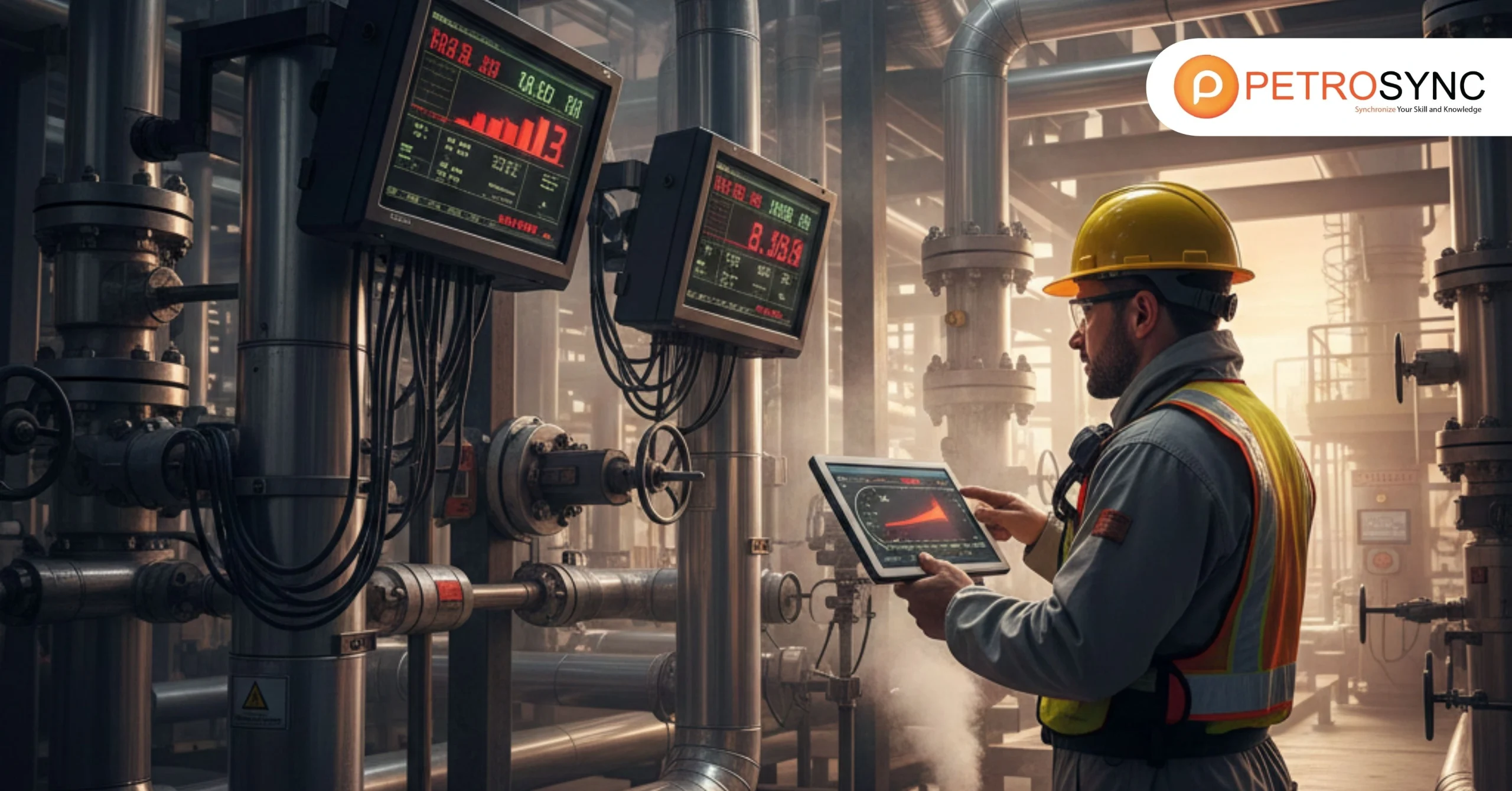In industries such as oil and gas, petrochemicals, and energy, piping system integrity and safety are essential. Regular inspections and maintenance of these systems can help prevent failures, accidents, and costly downtime.
The American Petroleum Institute (API) developed the API 570 standard to establish guidelines for inspecting, repairing, and changing in-service pipe systems. So it is very important to understand the requirements to assure safety and dependability in piping systems that are quite dangerous in the industrial environment.
What Is API 570?
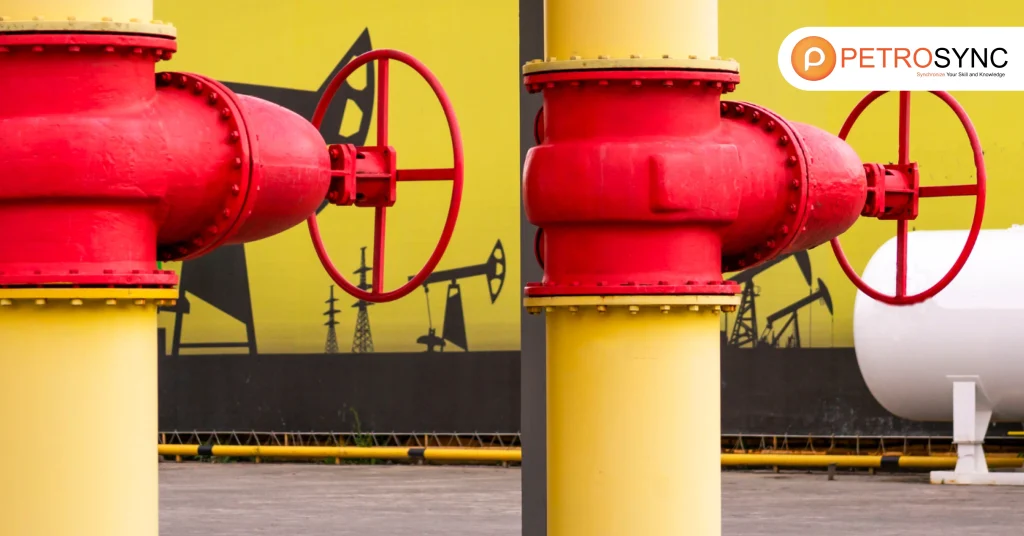
API 570 is the American Petroleum Institute (API) produced , which is the standard for repairing, maintaining, and inspecting piping systems in the oil and gas, petrochemical, and energy industries.
This standard ensures that all procedures utilized to run piping systems meet high safety requirements, effectively decreasing hazards related with fatigue, damage, and corrosion. Companies who adhere to API 570 can proactively address possible dangers, improving the safety and reliability of their vital infrastructure.
What Is The API 570 Standard?
The API 570 standard provides essential guidelines for professionals participating in API 570 training. In response, PetroSync developed the “Piping Inspector Course,” a comprehensive training program that covers evaluations, inspections, repairs, and modifications needed for in-service piping systems.
This course is designed to ensure compliance with API regulations, reducing the chance of failures caused by insufficient inspections or unforeseen damage. It also focuses on identifying the root causes of piping system problems in order to ensure safety and operational integrity through adherence to these essential industry standards.
What is the Intent of the API 570 Code?
API 570’s principal goal is to ensure that pipe systems operate safely and reliably. This standard defines precise processes and best practices for inspecting, repairing, and maintaining in-service pipe systems in the oil, gas, and petrochemical sectors.
API 570, unlike other regulations, focuses on existing pipe systems rather than design or installation. Companies can adopt this code to reduce the danger of leaks, assure consistent product quality, and, most importantly, safeguard staff and the environment from harmful incidents.
Key Objectives of API 570:
- Safety Assurance
API 570 sets strict guidelines for regular inspections to detect potential weaknesses in piping systems, such as corrosion, erosion, or damage mechanisms. Ensuring that these inspections are conducted in compliance with API 570 reduces the likelihood of incidents affecting workers and the surrounding environment.
- Operational Efficiency
Regular inspections and early repairs help to avoid unexpected shutdowns, which can be time and resource costly. API 570 enables businesses to arrange maintenance work in a way that minimizes interruptions, hence maintaining productivity and reducing downtime.
- Environmental Protection
With increased global awareness for environmental preservation, industries are under pressure to minimize hazardous leaks and mishaps. API 570’s broad plumbing inspection and repair methods help businesses identify and mitigate environmental hazards on a proactive basis.
- Regulatory Compliance
Many regulatory authorities need businesses to follow industry standards such as API 570 in order to meet legal requirements. Companies who follow API 570 ensure not only safety and efficiency, but also protect themselves from potential legal ramifications.
What Is The Latest Version Of API 570?
The most recent iteration of the API 570 standard, iteration 5, was issued in February 2024, representing a substantial departure from earlier versions. This version reflects API’s ongoing commitment to ensuring that its standards maintain pace with technical advancements, changes in industry legislation, and emerging best practices.
Edition 5 contains updated information on the most recent advancements in materials, inspection procedures, and operational efficiency. Through this update system, it can be ensured that professionals working with metal and fiberglass reinforced plastic (FRP) piping systems will have access to modern and effective tools to ensure the safety and reliability of their systems.
The latest version of API 570, professionals must be able to use with the aim of making significant progress on changes and terminations. So that companies can reduce the risk of damage or defects, and can also increase the long-term life and reliability of piping systems in the industrial world.
What Are The Scope of API 570 – Piping Inspection Code?
The process of repair, alteration and re-inspection of systems in plastic and metallic piping is included in the scope of API 570. The specific instructions for the inspection code already incorporate pressure relief for the piping system. This assures that the components utilized will maintain their integrity because they have been tested throughout the system.
API 570 has been included in the scope for steel and FRP pipe systems, together with components such as flanges, bolts, and valves. So that the framework is in place to avoid undesirable events from occurring and that the system can function efficiently throughout operation.In addition to structural considerations.
API 570 specifies the standards for in-service inspection, condition monitoring, and repair guidance for these piping systems. The primary goal is to maintain the integrity of the system that is created. This ensures that it will be safe and reliable when in use. So that the standards that have been created can also identify problems that develop, reducing the risk of failure and damage.
General Application of API 570
API 570 is applicable to piping systems that contain process fluids, hydrocarbons, chemical products, natural gas, high-pressure gases, and other flammable or poisonous fluids.
1. Coverage
- Inspection, Rating, Repair, and Alteration: API 570 specifies the methods for metallic and fiberglass-reinforced plastic (FRP) pipe systems.
- In-Service Piping: Unless otherwise indicated, the Inspection Code applies to hydrocarbon and chemical process pipe that has been placed in service.
- Exclusions: It excludes specialty equipment such as instrumentation, exchanger tubes, and control valves.
- Other Industries: This code is primarily intended for hydrocarbon and chemical operations, however owners/users in other industries may utilize it as needed.
- Retired Piping: Piping systems that have been decommissioned or abandoned in place are no longer protected, however they may still require safety inspections.
- Temporarily Out of Service: The code continues to apply to mothballed piping systems that have been conserved for future use.
2. Intent
1. Purpose
API 570 specifies the in-service inspection, condition monitoring, and repair guidelines for pipe systems. Its major goal is to guarantee that these systems preserve their integrity in order to function safely.
2. Inspection and Condition-Monitoring Program
The Code requires a comprehensive inspection and condition monitoring program. This program should conduct accurate and timely assessments to identify any changes in piping conditions that may jeopardize safety.
3. Responsibility of Owner/Users
Owners/users are responsible for responding to inspection results that indicate the need for corrective actions. These actions are required to maintain the integrity of piping systems in accordance with proper risk assessments.
4. Target Users
API 570 is intended for organizations who have access to or maintain an approved inspection agency, repair organization, and technically qualified staff such as plumbing engineers, inspectors, and examiners, as described in Section 3 of the Code.
3. Limitation
- Original Construction Requirements: API 570 is not intended to supersede the original construction regulations that govern a pipe system before it is put into service. It is critical to follow the specific construction rules provided for the piping system during its initial installation.
- Compliance with Regulatory Requirements: API 570 shall not be utilized in conflict with any other regulatory requirements that apply to the piping system. It is critical to obey all applicable norms and standards imposed by regulatory agencies.
- Stringency of API 570: If the API 570 criteria are more demanding or strict than the regulatory requirements, the API 570 rules will take precedence and regulate the piping system’s maintenance, inspection, and repair.
Specific Applications of API 570
The API 570 standard focuses on inspecting and maintaining piping systems. It includes guidelines for dealing with non-metallic materials, specifically fiber reinforced plastics like fiberglass-reinforced plastic (FRP) and glass-reinforced plastic (GRP).
However, it excludes extruded materials such as high and low-density polyethylene. For further information on FRP piping degradation and inspection, see API 574 and MTI 129.
Included Fluid Service
Except as specified in 1.2.2, API 570 applies to piping systems for process fluids, hydrocarbons, and related flammable or hazardous fluid services, such as the following:
- raw, intermediate, and finished petroleum and chemical products;
- catalyst lines;
- hydrogen, natural gas, fuel gas, and flare systems;
- sour water and hazardous waste streams;
- hazardous fluid services;
- cryogenic fluids such as: liquid N2, H2, O2, and air;
- high-pressure gases greater than 150 psig such as: gaseous He, H2, O2, and N2.
Optional Piping Systems and Fluid Services
The fluid services and kinds of piping systems indicated below are optional in terms of API 570 standards :
- Hazardous fluid services below designated threshold limits, as defined by jurisdictional regulations.
- Water (including fire protection systems), steam, steam-condensate, boiler feed water, and Category D fluid services as defined in ASME B31.3.
- Other classes of piping that are exempted from the applicable process piping code.
In conclusion, API 570 is a highly regarded standard among piping engineers due to its extensive coverage of inspecting, repairing, and maintaining piping systems in the petroleum and chemical industries.
Achieve Professional Expertise with API 570: The Ultimate Piping Standard
PetroSync is an invaluable resource for anyone looking to improve their understanding of the API 570 standard and prepare for certification. Our API 570 training course is intended to educate engineers like you with the knowledge and skills required to navigate the standard’s intricacies.
PetroSync participants will receive professional advice from instructors. As a result, participants will be able to continue developing their skills while applying API 570 in the workplace. So that participants will be prepared according to industry standards and can considerably boost their jobs.

Results-oriented and thorough SEO specialist with extensive experience in conducting keyword research, developing and implementing digital website promotion strategies and plans, managing campaigns to develop company websites in the digital world, excellent knowledge of marketing techniques and principles, and attentive strong attention to detail.

